Framework
The IChemE Safety Centre (ISC) framework is not a management system and does not seek to create a management system but simply provides a framework to view process safety across an organisation.
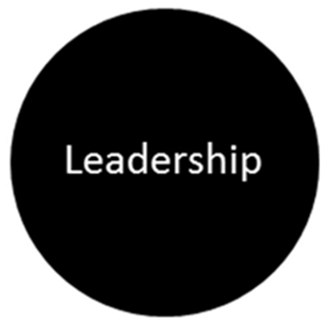
Leadership
Leadership in knowledge and competence in process safety is fundamental. This underpins inherently safer engineering and design and robust safety systems supporting the upholding and continued evolution of systems and procedures for maintaining safer process operations. These are sustained by the best practice in the assurance of process safety in a changing environment taking full account of the contribution of human factors, behaviours and external influences. These elements collectively shape the prevailing culture in the workplace and in society at large in order to build a common understanding of risk issues and to develop and utilise new ways for cost effective and sustainable risk reduction in the process industries. Read more >>
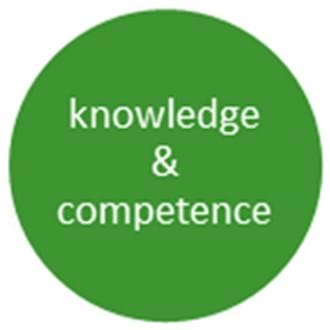
Knowledge and competence
Knowledge and competence is vital in all aspects of an organisation to ensure that decisions and tasks are undertaken correctly and with an understanding of consequences. Knowledge can be generally defined as a familiarity or general awareness of one's actions. Competence is about the ability to consistently perform tasks to agreed standards. Read more >>
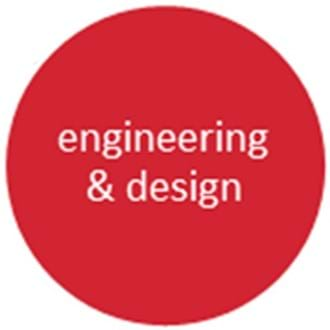
Engineering and design
Engineering and design is about applying the hierarchy of controls in the design of equipment and safety systems. This includes the concept of inherently safer design as a starting point. This area also includes design across the entire life cycle of the asset, and the application of robustly engineered safety systems. Read more >>
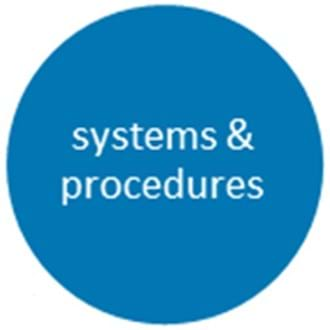
Systems and procedures
Systems and procedures define how an organisation undertakes all manner of business activities. They allow for a consistent approach to decisions, from governance to on the job tasks. This functional area not only applies to safety management systems, but to other systems, such as how maintenance is undertaken or funds allocated. Read more >>
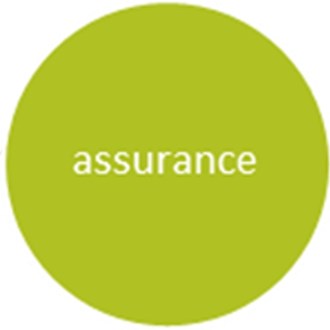
Assurance
Assurance is a define program for the systematic monitoring and evaluation of all aspect of a business. This includes tools such as inspection, testing, monitoring, verification and audit. This also applies to defining performance standards and metrics for an organisation and reporting performance against them, in addition to the feedback loop, resulting in actions based on data. Read more >>

Human factors
Human factors explores the interaction between the human and their performance, the job and the organisation. This goes beyond only ergonomics, and explores other aspects of the interaction. The ISC considers that human factors has been well defined by the United Kingdom Health and Safety Executive. Read more >>
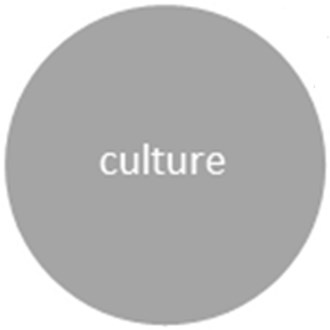
Culture
Culture is most commonly defined as "the way we do things around here". This quote was first used by Bower in his 1966 work The Will to Manage: Corporate Success Through Programmed Management. Understanding and shaping "the way we do things" shapes people's attitudes about safety and how they do their tasks. Read more >>